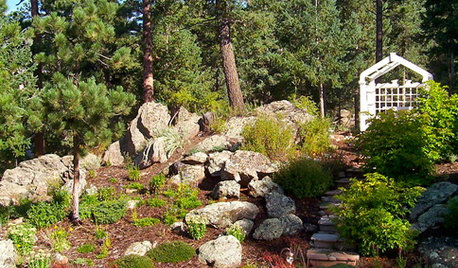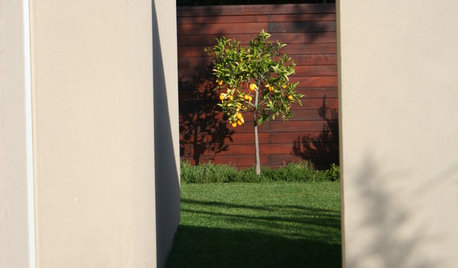lowering my soil pH organically, will citrus work?
cabrita
15 years ago
Featured Answer
Sort by:Oldest
Comments (20)
justaguy2
15 years agoDan _Staley (5b Sunset 2B AHS 7)
15 years agoRelated Professionals
Maple Valley Landscape Architects & Landscape Designers · Danbury Landscape Architects & Landscape Designers · Essex Landscape Architects & Landscape Designers · Kenmore Landscape Architects & Landscape Designers · Manhattan Beach Landscape Architects & Landscape Designers · Salem Landscape Contractors · Newnan Landscape Contractors · Oxnard Landscape Contractors · Suitland Landscape Contractors · Ashland Decks, Patios & Outdoor Enclosures · Canton Decks, Patios & Outdoor Enclosures · Hockessin Decks, Patios & Outdoor Enclosures · Markham Decks, Patios & Outdoor Enclosures · Midlothian Decks, Patios & Outdoor Enclosures · Salem Decks, Patios & Outdoor EnclosuresKimmsr
15 years agogargwarb
15 years agocabrita
15 years agopeter_6
15 years agoDan _Staley (5b Sunset 2B AHS 7)
15 years agogardengal48 (PNW Z8/9)
15 years agodicot
15 years agonandina
15 years agoDan _Staley (5b Sunset 2B AHS 7)
15 years agoKimmsr
15 years agocabrita
15 years agoDan _Staley (5b Sunset 2B AHS 7)
15 years agomaifleur01
15 years agoMichael
9 years agopeter_6
9 years agolittle_minnie
9 years agoMichael
9 years ago
Related Stories

GARDENING GUIDESGrow a Beautiful Garden in Alkaline Soil
Got alkaline soil? Learn how to manage it and the many beautiful plants that will thrive in this ‘sweet’ soil
Full Story
GARDENING GUIDESHave Acidic Soil in Your Yard? Learn to Love Gardening Anyway
Look to acid-loving plants, like conifers and rhododendrons, to help your low-pH garden thrive
Full Story
GARDENING GUIDESGet the Dirt on Your Garden’s Soil
Understand how your soil supports your plants so you can ensure your garden’s success
Full Story
GARDENING GUIDESHow to Stop Worrying and Start Loving Clay Soil
Clay has many more benefits than you might imagine
Full Story
GARDENING GUIDESHow to Keep Your Citrus Trees Well Fed and Healthy
Ripe for some citrus fertilizer know-how? This mini guide will help your lemon, orange and grapefruit trees flourish
Full Story
GARDENING GUIDESSpring Citrus Care Reaps Months of Sweet Rewards
Learn how to tend citrus trees in spring and ways to preserve their delicious fruit
Full Story
GARDENING AND LANDSCAPINGCitrus 101: Start Your Own Backyard Orchard
This Earth Day Weekend, Add Some Green, Style and Deliciousness to Your Landscape
Full Story
FALL GARDENING5 Ways to Put Fall Leaves to Work in Your Garden
Improve your soil and yard the organic way with a valuable garden booster that grows on trees
Full Story
GARDENING GUIDESGarden Myths to Debunk as You Dig This Fall and Rest Over Winter
Termites hate wood mulch, don’t amend soil for trees, avoid gravel in planters — and more nuggets of garden wisdom
Full Story
GARDENING GUIDESGet on a Composting Kick (Hello, Free Fertilizer!)
Quit shelling out for pricey substitutes that aren’t even as good. Here’s how to give your soil the best while lightening your trash load
Full Story







delusionist